Vet Talks

Know How and When to Give Supplements to Birds
Vet Talks 3 min readDid you know that other less traditional pets can also benefit from natural herbal supplements? However, each feathery, scaly, or furry friend has a unique little body and different needs. This is especially true with exotic animals like birds! So here are some tips on how to give supplements to your feathered kiddos. Can birds...
Read More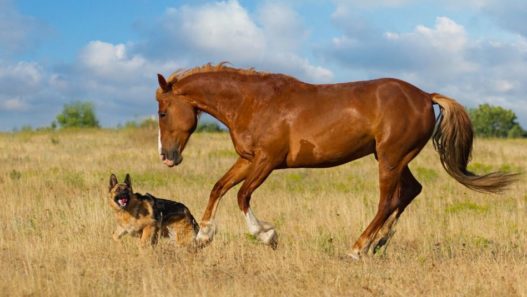
Comparing Symptoms of Cushing’s Disease in Dogs, Cats, and Horses
Vet Talks 4 min readCushing’s disease, also known as “hyperadrenocorticism” (HAC), is a very common problem in the canine world. It is not as common in other species like cats, goats, and pigs, but it is the most common adrenal issue in horses. The symptoms of Cushing’s disease in dogs, cats, horses and other species may vary. What is...
Read More
Why Do Dogs Lick Their Paws?
Vet Talks 4 min readDogs need special care with food, exercise, and vaccinations. Even though they are very important, other things are often left aside and forgotten by many pet parents. Proper care of the dog’s paws, which are extremely important for their health and well-being, is one of those things. It is one of the most important parts...
Read More
Signs of Hip Dysplasia in Dogs and Cats
Vet Talks 3 min readHip dysplasia happens mostly in dogs and is not common in cats. It is possible in all dog breeds, especially large breeds like German Shepherds, Golden Retrievers, and Labrador Retrievers. In cats, breeds like Maine Coons, Persians, and Himalayans seem to be more affected. To try to prevent having a pet with dysplasia you can...
Read More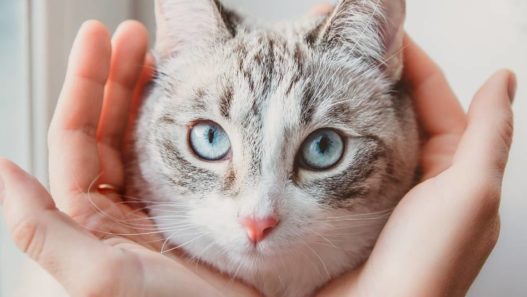
Cat Anxiety: Signs and How You Can Help Your Kitty
Vet Talks 3 min readMuch like us humans, our pets can experience anxiety and stress as well! Felines are very intuitive and sensitive beings, and due to this can indeed experience anxiety, stress, and depression. Cat anxiety may be fear-based, due to pain/discomfort, triggered by a recent environmental/life change, and much more. Each pet can experience anxiety due to...
Read More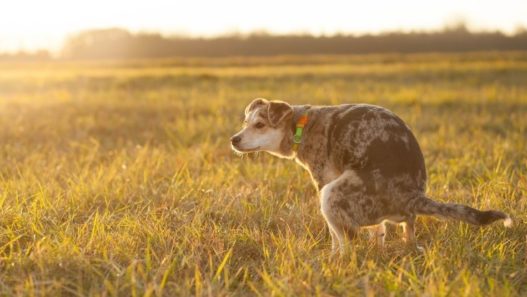
What Cat and Dog Poop Can Tell You
Vet Talks 2 min readPicking up dog poop or cleaning your cat’s litter is something every pet parent needs to do with special attention. By observing your little one’s defecation habits and the appearance of the stools, it is possible to discover health problems early on. Changes in Cat and Dog Poop To Look Out For The characteristics of...
Read More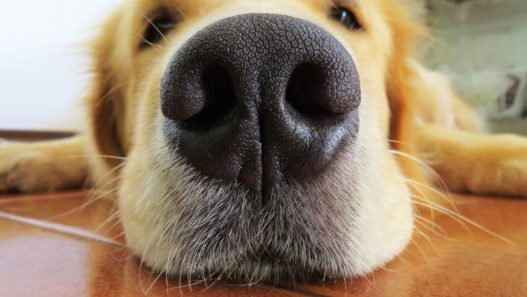
Signs of Cat and Dog Nose Issues
Vet Talks 5 min readThe dog’s or the cat’s nose is one of the cutest parts of pets, isn’t it? In addition to beauty, snouts are important channels of communication and interaction for our pets. This part of our furkiddo’s body is responsible for the keen sense of smell, which is much more powerful than a human’s. The cat...
Read More
Cherry Eye in Dogs and Cats
Vet Talks 2 min readCherry eye is a disorder that affects the third eyelid, also known as a nictitating membrane (NM). In this disorder, the gland of the third eyelid thickens and slips out of its proper place. This results in a red, swollen mass sticking out of the edge of the membrane, next to the lower eyelid. The...
Read More
Canine Cognitive Dysfunction and Senior Pets
Vet Talks 3 min readWhat is canine cognitive dysfunction? Canine cognitive dysfunction (CCD), also known as Canine cognitive dysfunction syndrome (CDS), is a condition similar to Alzheimer’s and dementia. CCD is more often associated with decreased cognitive functions due to age-related changes in the brain. Due to this, CCD is more prevalent in furbabies ages 9 and up. What...
Read More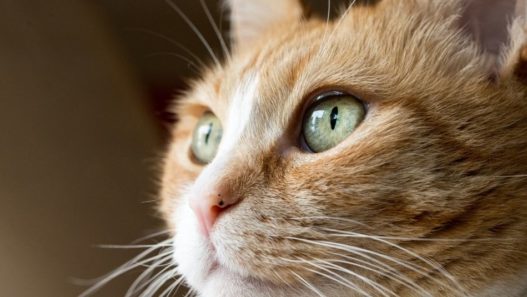
Proactive Care For Eye Diseases in Dogs and Cats
Vet Talks 3 min readPaying attention to your pet’s eye health can prevent eye diseases from becoming a serious problem. The sooner you take action, the more resources you have to reverse the situation and prevent blindness. In this blog, I will talk a little bit about eye diseases in dogs and cats and how you can support your...
Read More
 USD
USD
 Canadian Dollars
Canadian Dollars

